After Mexico and Canada, Beijing has also issued statements protesting the US's imposition of an additional 10% tax on Chinese products imported into the country.
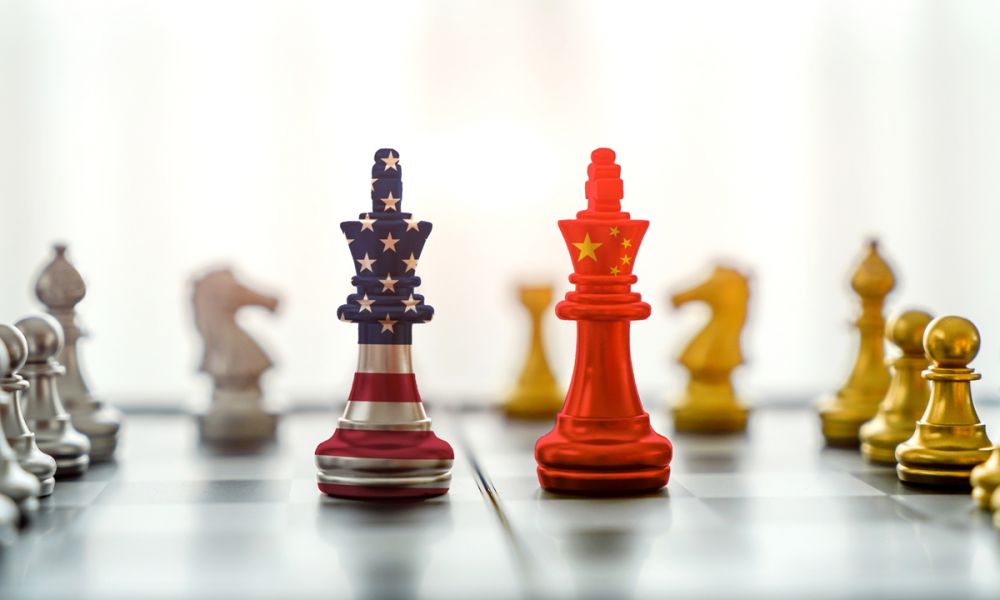 |
| Responding to new tariffs, China calls on the US to have frank dialogue and strengthen cooperation. (Source: Global Times) |
The Chinese Ministry of Commerce said in a statement on February 2 that the US unilateral tariff increase seriously violated the rules of the World Trade Organization (WTO), which is not only unhelpful to resolving the fentanyl issue but also disrupts economic and trade cooperation between the two countries. China will file a complaint with the WTO and take corresponding countermeasures to protect its rights and interests.
China hopes that the US will objectively view and properly handle fentanyl-related issues; at the same time, it calls on the US to engage in frank dialogue, strengthen cooperation, and control disagreements on the basis of equality, mutual benefit, and mutual respect.
In a separate statement on the same day, China’s Foreign Ministry also criticized the US decision to impose tariffs, stressing that no side can win a trade war. The statement also affirmed that Beijing will take “appropriate countermeasures” to the new tariffs.
Regarding the US-China competition, some American newspapers noted that in his inaugural speech, Mr. Trump barely mentioned China. At the same time, he stated in an interview that he wanted to avoid imposing tariffs on China immediately, but also said that the biggest weapon against Beijing is tariffs.
In response, Chinese Foreign Ministry spokesman Mao Ning reiterated: “China-US economic and trade relations are mutually beneficial. If there are disagreements and conflicts, they should be resolved through dialogue and consultation.”
Lu Xiang, an expert from the Chinese Academy of Social Sciences, noted that although there are signs that the new US administration may “soften its tone” toward China, the US policy of positioning China as a strategic rival and its overall strategy of containing China will be difficult to change immediately.
Assessing the US-China relationship in the coming time, experts believe that this relationship may continue to be tense, but with tactical adjustments. In addition, both powers will continue to compete for influence in the Asia-Pacific region, especially in the economic, military and technological fields. This may lead to indirect conflicts or “cold wars” in the economic and diplomatic fields.
US President Donald Trump on February 1 signed an executive order imposing a 25% tariff on imports from Canada and Mexico and an additional 10% tariff on goods from China starting February 4. The move risks sparking a new trade war that could slow global economic growth and push up inflation.
Trade tensions between key partners appear to be heating up rapidly, as the White House's aggressive tariff hikes come with a threat of further tariffs if Mexico, Canada, or China retaliate. On February 1, President Donald Trump's top trade adviser Peter Navarro said that "it is likely that the US will raise tariffs" if Mexico, Canada, or China retaliate against the newly announced tariffs.
The provision, part of an executive order announcing new tariffs on imports, could raise concerns about a trade war that could make goods such as agricultural products and consumer electronics that are already rising in price after the new tariffs take effect even more expensive.
Regarding the moves of countries "in the same situation" as Beijing, Canadian Prime Minister Justin Trudeau previously said that his country would impose a 25% tariff on US imports worth 155 billion Canadian dollars (106.5 billion USD) in response to the US tariffs. Speaking at a press conference, the Canadian leader stated that the punitive tariff packages worth 30 billion Canadian dollars would take effect from February 4 and 125 billion Canadian dollars would take effect after 21 days.
Meanwhile, Mexican President Claudia Sheinbaum announced that Mexico will retaliate against US President Donald Trump's tariffs with tariffs and other measures. Sheinbaum said she had instructed the Minister of Economy to "implement Plan B that Mexico has prepared, including tariff and non-tariff measures to protect Mexican interests."
Source: https://baoquocte.vn/phan-ung-voi-thue-quan-manh-tay-tu-my-trung-quoc-ra-nam-dam-nhung-van-xoa-302895.html

































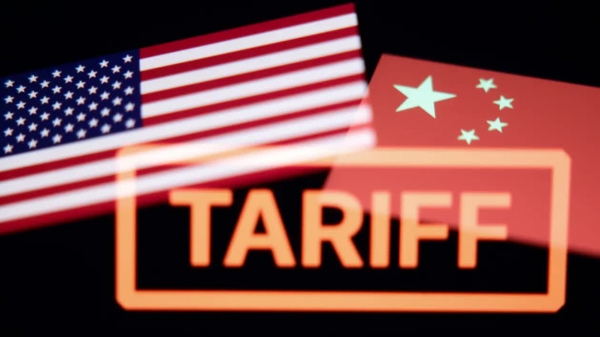
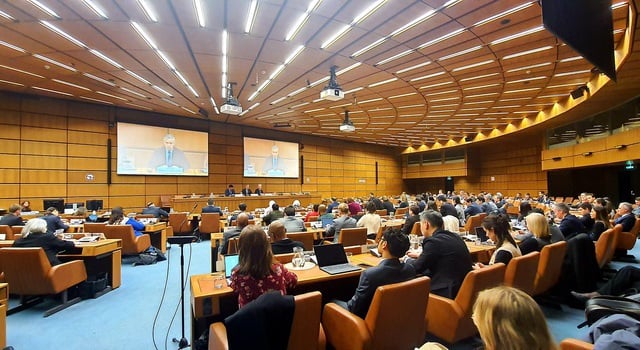


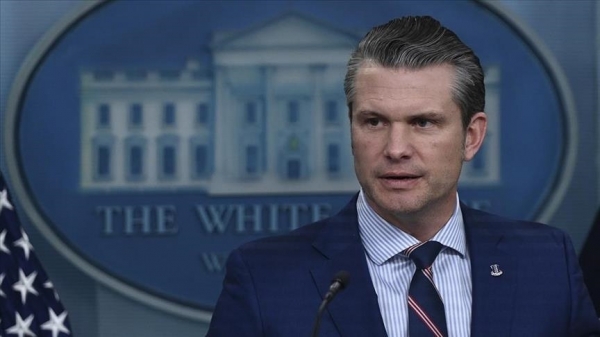




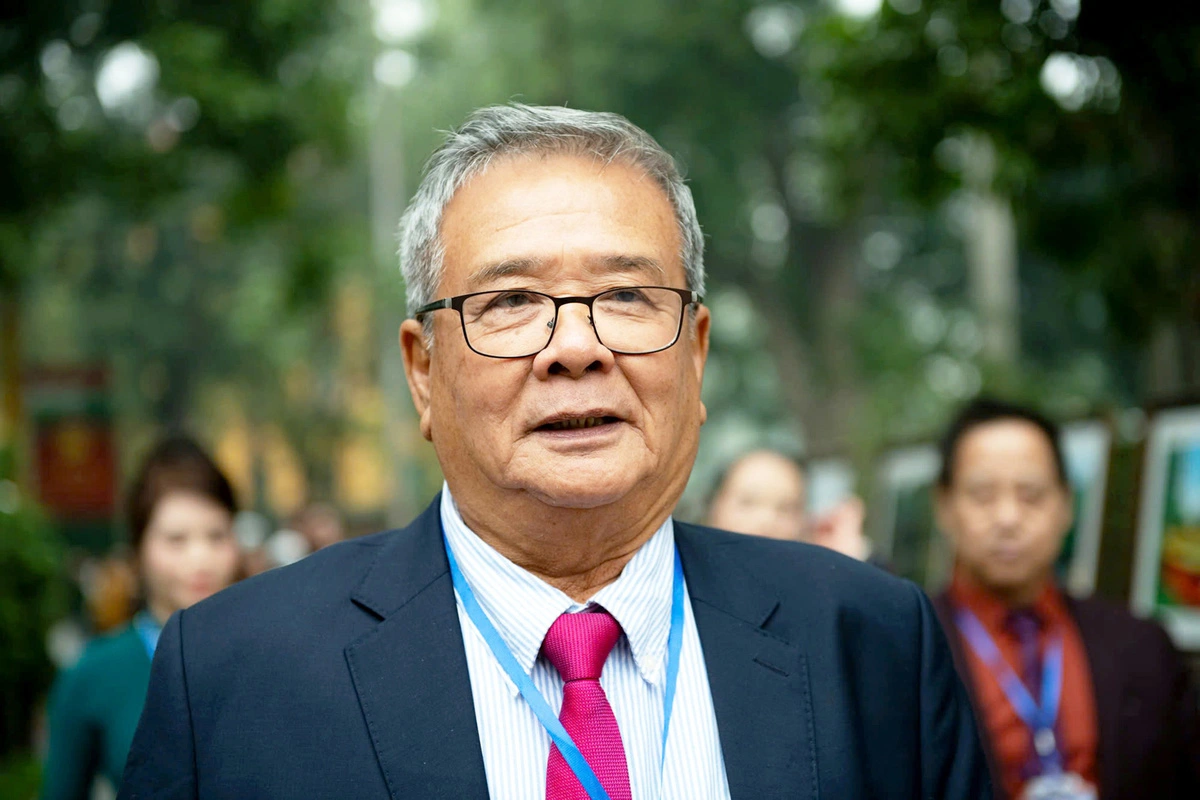





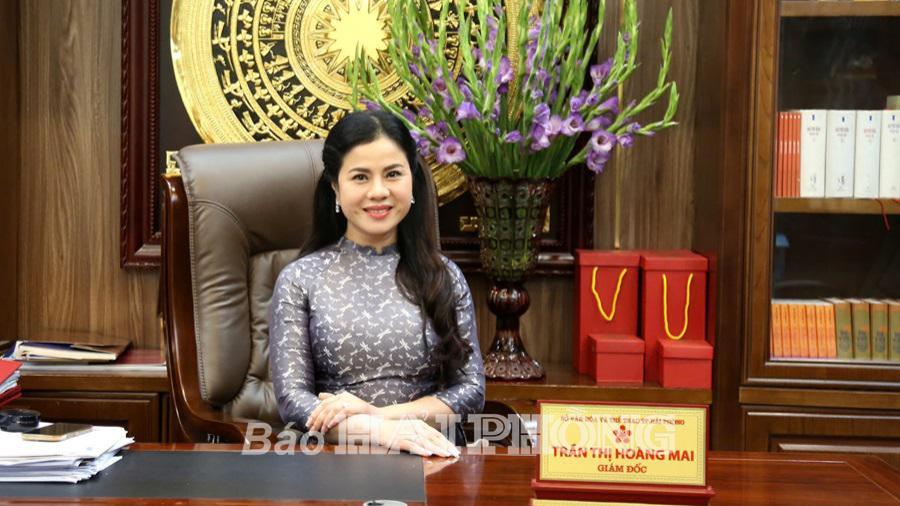







Comment (0)